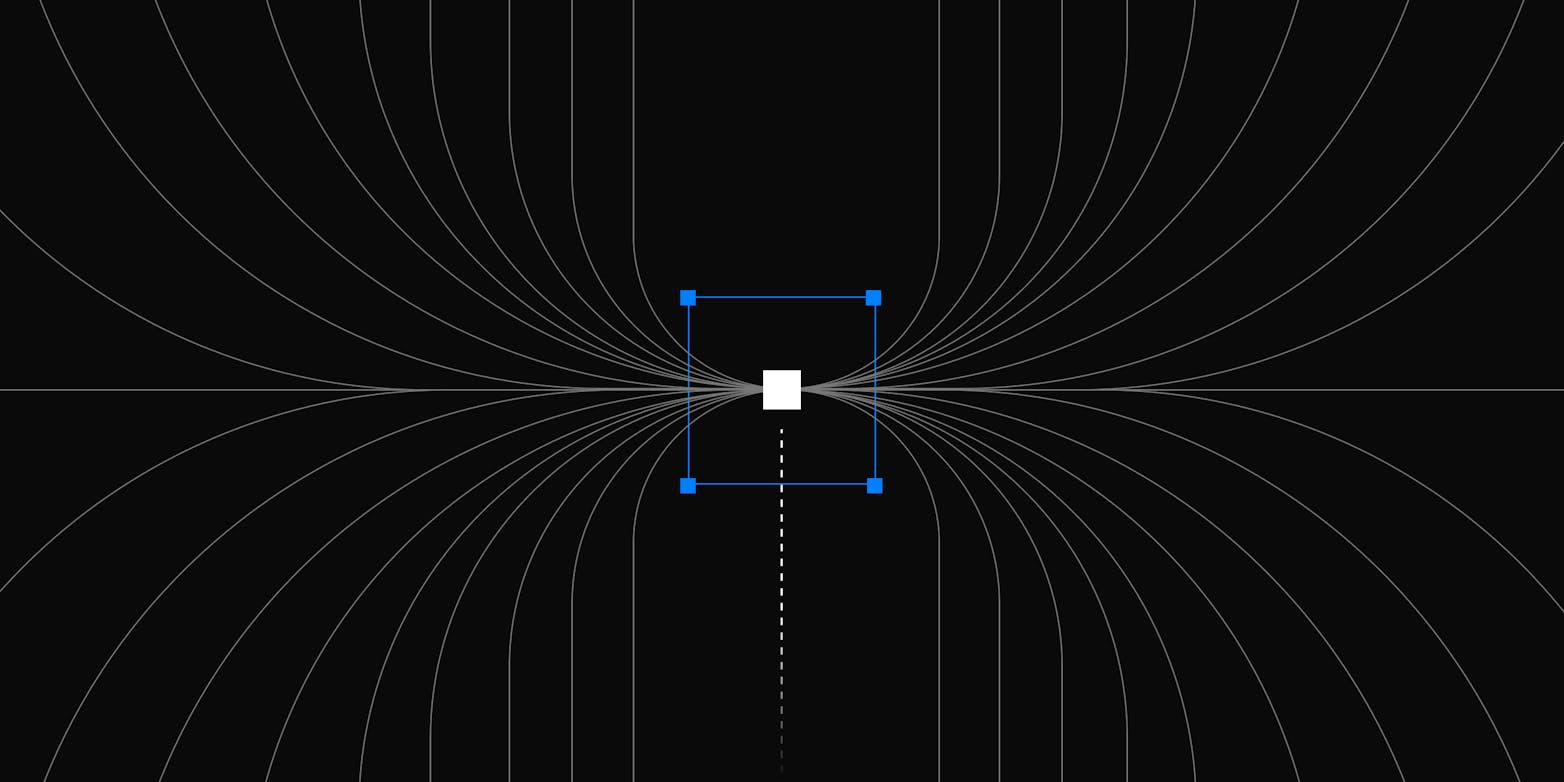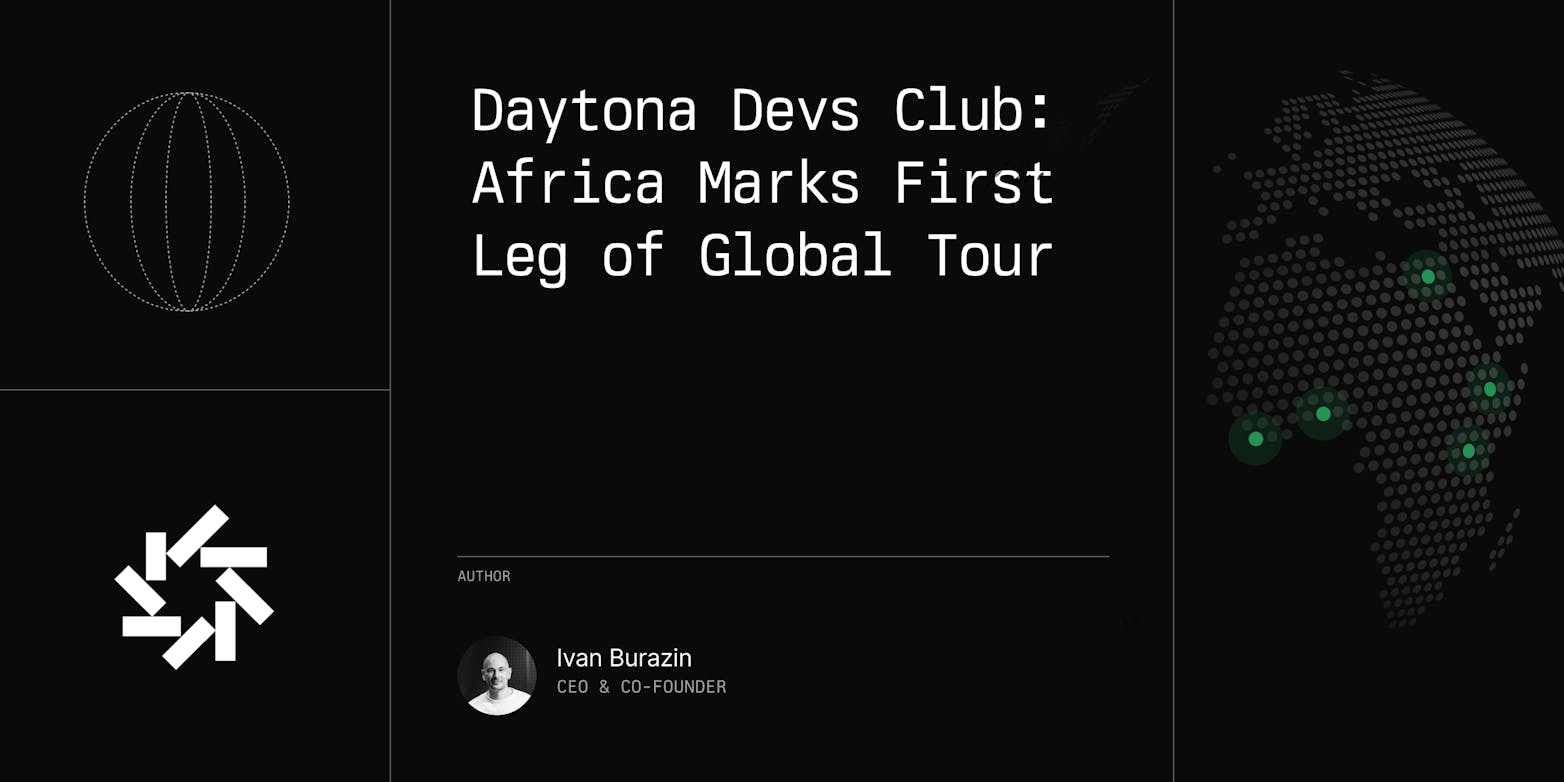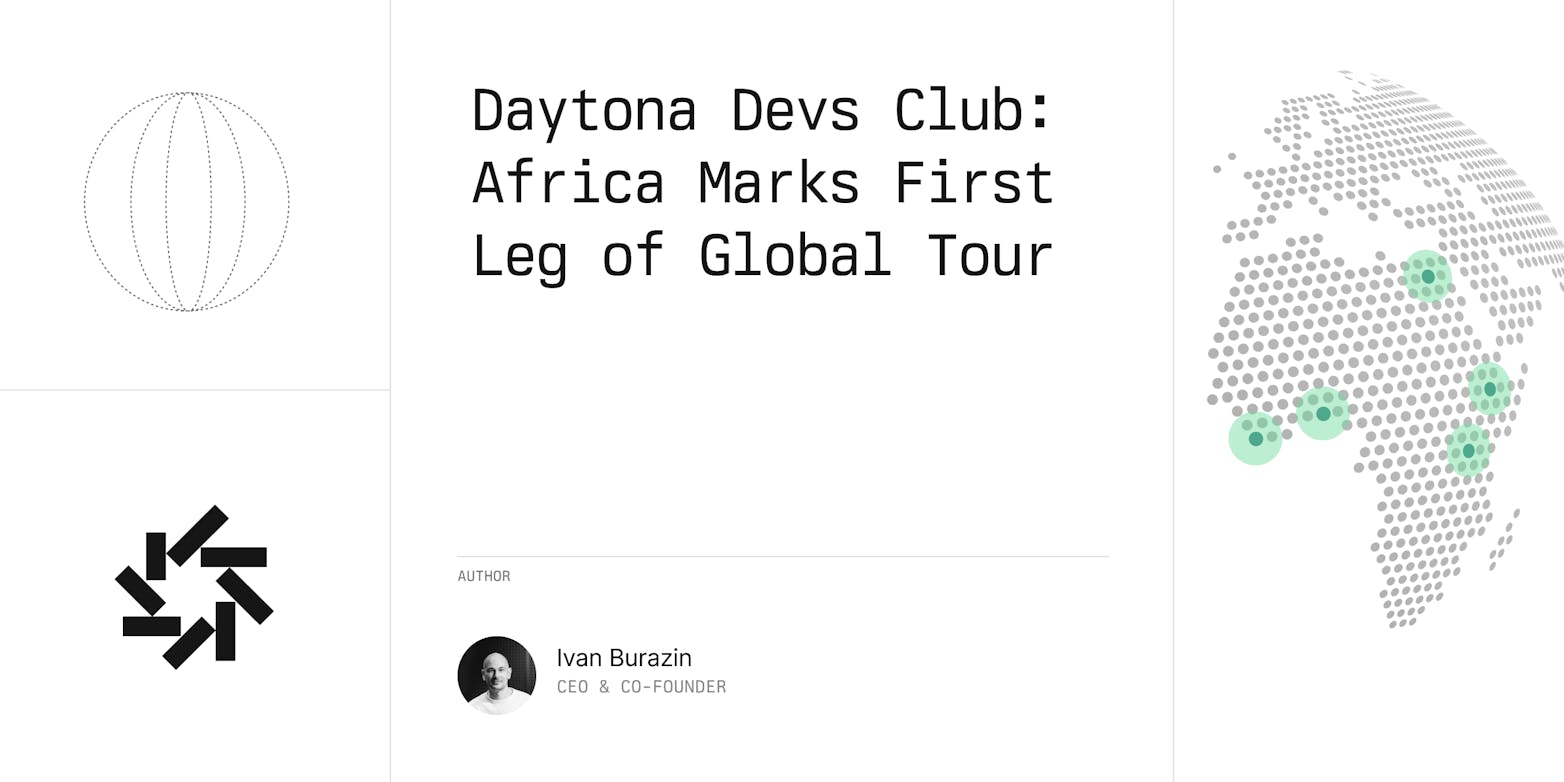As 2024 draws to a close, the software industry has seen tremendous shifts that will carry significant weight as we move into 2025. The trends we’ve observed this year are not fleeting; they are shaping the future of software development in profound ways.
Remote jobs are becoming the new norm of software jobs, generative artificial intelligence is fundamentally changing how we write code, high-performance languages like Go and Rust are driving efficiency in large-scale systems, and proper system design is more critical than ever for scalability and reliability.
Understanding these trends is essential for any software engineer who aims to thrive in their career ahead.
The Rise of Remote Jobs
As a Staff Engineer, I oversee a team of over 30 engineers, guiding the technical direction at Yassir. In the past, this role meant physically navigating the office, addressing blockers, and ensuring everyone aligned with our engineering standards. It was hands-on and required face-to-face collaboration.
Today, all I need is a laptop, a reliable internet connection, and a cup of coffee to manage the same responsibilities from anywhere. With tools like Google Meet, I can connect with the entire team, organizing and steering projects without the need for physical presence. While we still maintain an office and occasionally meet in person, remote work has become the norm, with flexibility being a key component of modern engineering management.
This shift represents the future of software engineering. Many companies now operate fully remote, and while this approach has its pros and cons, the benefits of adaptability and efficiency are undeniable. The ability to collaborate effectively, regardless of location, has transformed how we approach teamwork in the tech industry.
AI: The Game Changer
In today’s world, artificial intelligence has stormed by force nearly every industry, and it’s almost impossible for anyone, regardless of their field, to avoid hearing about or using tools like ChatGPT. For Generation Z, AI tools such as ChatGPT will be as commonplace as the internet itself—resources that were unimaginable just a few years ago. These tools belong to a class called Generative AI, which can engage in conversations, generate content, and assist in a variety of tasks through simple interaction.
In the software industry, the implications of AI are enormous. It has the potential to revolutionize how we approach coding and development. Today, software engineers can leverage these tools to automate code generation, streamline workflows, and even handle tasks that would have taken hours or days to complete manually. But as with any transformative technology, the question arises: Are these tools truly reliable? Can we trust AI to replace the craftsmanship and problem-solving ability that has always defined software engineering?
The short answer is: No. AI tools are incredibly helpful, but they are not a replacement for human expertise—they are assistants.
The longer answer is more nuanced. While these tools can produce code based on the input you provide, their outputs are only as good as the instructions they receive and the data they’ve been trained on. This means they can’t think critically, solve complex problems creatively, or foresee long-term consequences. As a software engineer, you are responsible for evaluating the code they generate. You need to ensure that it adheres to best practices, is scalable, and—most importantly—works as intended.
For junior engineers, I strongly recommend developing foundational programming skills before diving into AI-generated code. Relying too heavily on these tools from day one can hinder your understanding of core concepts and problem-solving techniques, which are essential for long-term growth in the field. AI can assist with menial tasks, but real engineering still requires human intuition, experience, and judgment.
In conclusion, AI is undoubtedly a game changer for the software industry and beyond. It has opened doors to efficiency and innovation that we couldn’t have imagined before. But to fully harness its potential, engineers must understand that AI is a tool—a powerful one—but not a replacement for the human mind. It’s the synergy between human expertise and AI’s capabilities that will drive the future of engineering.
High-Performance Languages (Go, Rust)
These days, performance is everything when it comes to SaaS solutions, whether you're catering to small or large-scale audiences. People want a smooth user experience, and if they don’t get it, they'll just move on to something else.
To deliver that high performance, you need the right tech behind your system. The programming language you choose plays a huge role. Sure, if you're chasing pure performance, you could go with something like C or C++, which are super efficient. But let's be real, the development experience can be a nightmare, and finding developers who are truly experts in those languages is like finding a needle in a haystack.
That’s where Go and Rust come in. These two languages are on the rise, offering high performance without the steep learning curve of C/C++. I've worked with Go in one of our systems, and compared to JavaScript, it’s about 80% faster and uses way fewer resources. I know, 80% might sound like a vague number and you'd expect some hardcore evidence, but the bottom line is Go outperforms JavaScript significantly when it comes to backend systems.
As for Rust, I'm planning to dive deeper into it, but from what we’re seeing in the market, compilers and runtimes built with Rust are already proving to be super efficient, especially compared to C/C++. Rust is definitely one to keep an eye on.
System Design: The Key to Scaling Properly
When startups first design their systems, they often cut corners in terms of how components interact and function together. The focus is usually on shipping features quickly with the limited resources and time they have. But as these startups start to grow, the problems they buried with that quick-and-dirty approach come back to bite them.
This cycle is almost inevitable. It's pretty rare to find a business that truly gets the importance of proper system design right from the start. But things are changing, especially with more and more experienced engineers leaving big corporations to start their own companies. These engineers have seen firsthand how complex corporate systems can be, but they also know that when systems are well-designed, they drive success and help companies scale efficiently.
For engineers today, it's crucial to start thinking about system design early on. A great resource is the book "The System Design Interview" by Alex Xu. As you grow in your career, you'll eventually face interviews that challenge you to design specific system components. If you get a handle on system design early, you’ll be setting yourself up for long-term success.
Conclusion
It’s clear that the software industry is undergoing massive changes that will continue to shape the way we build and scale systems in the coming years.
For software engineers, staying ahead means embracing these trends while sharpening core skills. The future of software development is bright, and understanding these shifts will be key to thriving in this ever-evolving industry.







